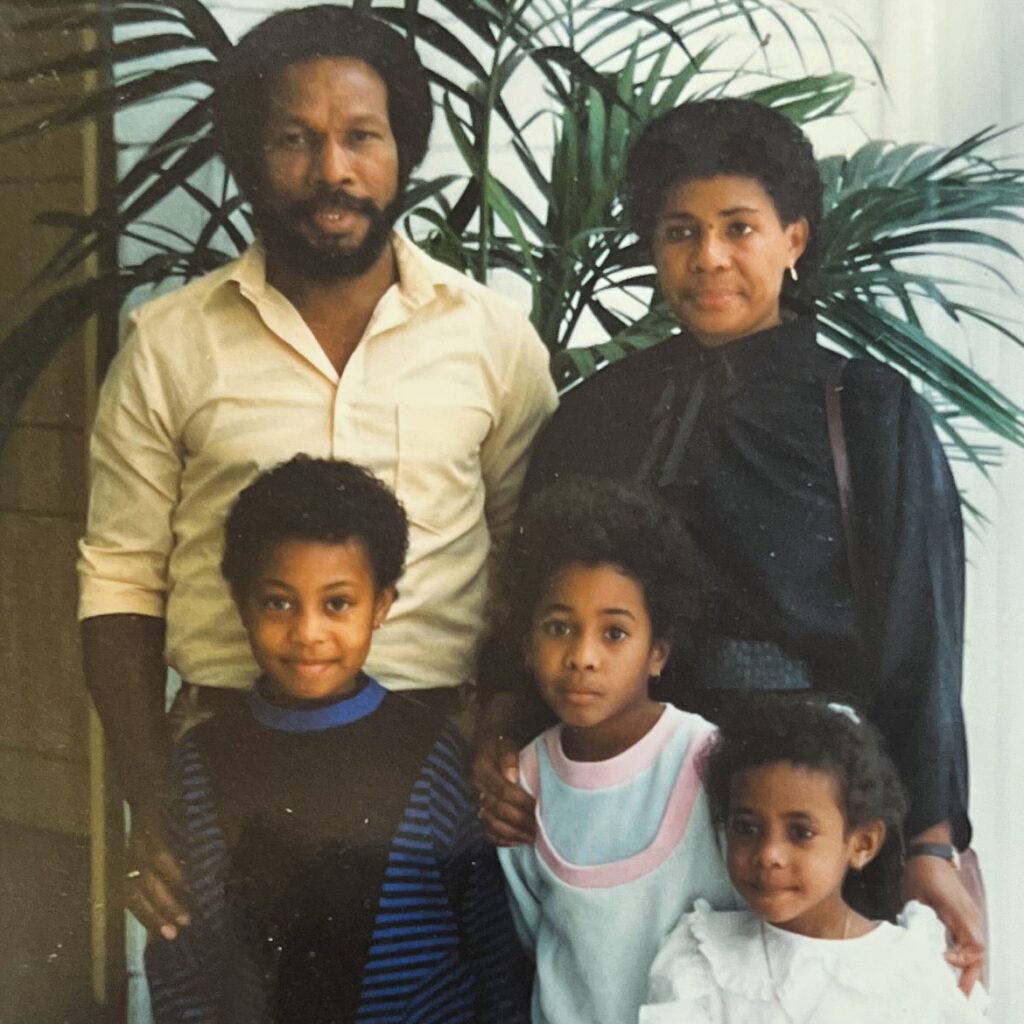For Melbourne-based West Papuan singer Voice of Lele (Lea Firth), every song is a labour of love. Lele’s family were the first West Papuan refugee family to arrive in 1988 and Lele has been honouring her family’s homeland ever since.
West Papua is one of the most strife-torn places on earth – something many people in Australia are unaware of despite its proximity. The people have long been at odds with the ruling government of Indonesia who took over the country 60 years ago resulting in widespread genocide.
Given this, preserving their culture is paramount to the people. “For West Papuans, music is so much more than art; it’s a vital tool,” Lele tells Missing Perspectives. “It helps us share our cultural identities with the world and protect our culture for generations to come.”
Here the singer, who also happens to be married to fellow musician Mitch Tambo, explains more.
‘Jow Manfun’ – a traditional islands song – is a deeply personal song for you. How has creating it helped you professionally and personally?
I was really close to my dad (famed Pacific songman Agustinus Rumwaropen) and he taught it to me in his language of Biak. Dad fled West Papua before I was born, but understood how vital it was for his children to keep our culture and language alive. He did that by embedding our identity into us through music.

Recording Jow Manfun has brought me healing and a renewed sense of purpose. It feels like a gift from my father that continues to give. His legacy lives on — not just for me, but for my children and theirs.
You describe your style as ‘Island Pop’ – what does that mean for you?
Being an islander and singing in language naturally brings an island flavour to everything I create. The pop side captures the incredible production with its modern effects. It creates a fresh, vibrant take on Pacifica music – a new sound that celebrates my roots while embracing the contemporary. I really want new audiences to get out of the box and listen to different kinds of music and lyrics in other languages.
You released your debut song Island Proud this year sung in Tok Pisin – the main languages of Papua New Guinea. How does singing in Biak and Tok Pisin connect you to your roots?
Well, it’s deeply personal. Every time I sing in language, I’m celebrating where I come from. Even though we were forced to migrate due to the unrest, it’s still a place that shaped me and one I always long to return to.
Congrats on Island Proud receiving an amazing reception – what did that response mean to you as an artist and as a voice for West Papua?
Oh, thank you! It reminds me I’m on the right path, and that the intention behind my music matters. It’s so much more than just the songs – it’s about educating people about Indigenous West Papuans, our journey of living in exile, and our strength in celebrating life while chasing our dreams. My purpose has always been to shine a light on West Papua and its struggles, so knowing people resonate with my music means everything.
West Papua’s ongoing struggle often goes under the radar internationally and is overlooked by media. How does your music aim to raise awareness?
It’s so important for me to let people know that West Papua is a Melanesian country. Even though we’re under Indonesia’s colonial rule, we are not Indonesian. We are geographically and ethnically Melanesian – proud South Pacific Islanders.
Jow Manfun is out now on all streaming platforms.

